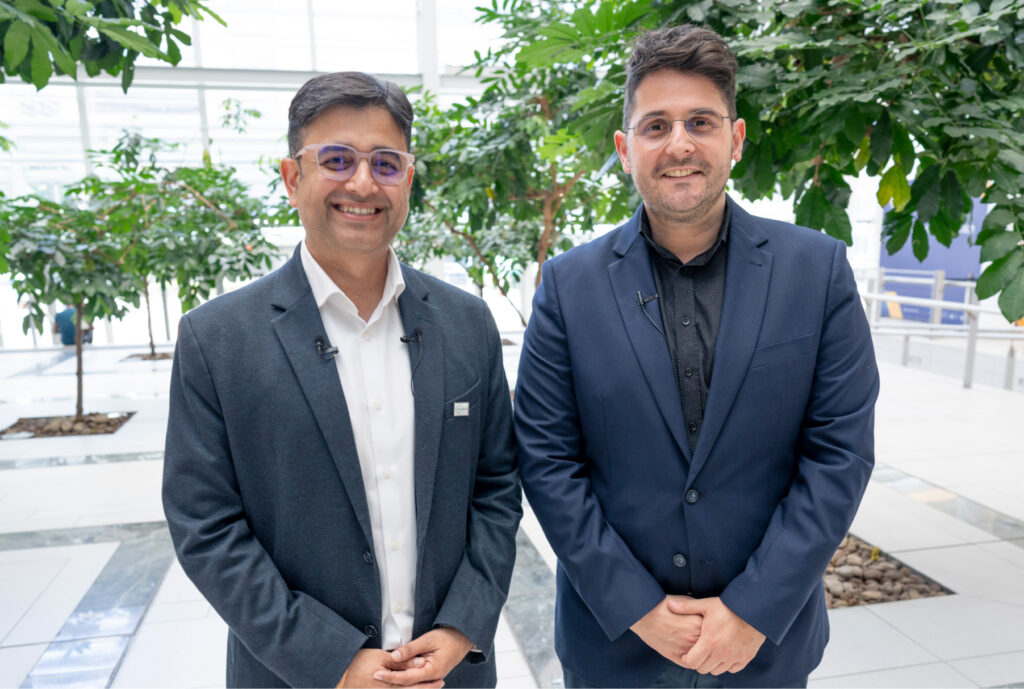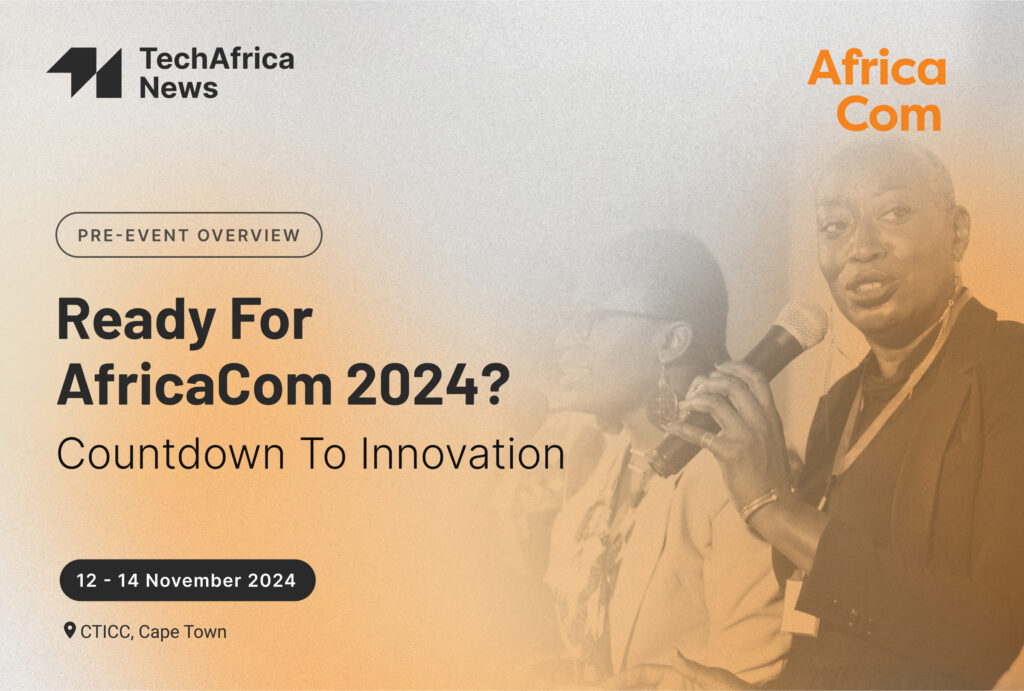Young African Entrepreneurs Call for AfDB to Expand Job Creation Efforts

The African Development Bank must expand its support for female entrepreneurs, as well as young innovators and business creators, to reduce poverty and tackle the lack of jobs in Africa, according to young African entrepreneurs.
The African youth business representatives were speaking during a panel discussion on the topic “Our world, our experience”, organised shortly after the launch of the Bank’s 60th anniversary celebrations.
Jean-François Yao, Regional Policy Advisor in charge of Institutional Partnership at the International Committee of the Red Cross (ICRC), praised the Bank’s new approach, which now factors in humanitarian emergencies to development issues.
The African Development Bank is already doing great things in the humanitarian domain and for a raft of organisations that help to reduce human suffering, and we congratulate them for that.
Jean-François Yao, Regional Policy Advisor in charge of Institutional Partnership at the International Committee of the Red Cross (ICRC),
He went on to reiterate that the Bank’s first action with the ICRC, conducted after the signing of a letter of intent in 2019, had made it possible to launch a pilot project empowering women in the Sahel. This project has provided support for vulnerable women and widows affected by the crisis in the Sahel, particularly in Chad, Mali and Niger, and has transformed the lives of numerous people.
A Malian woman who sold doughnuts received 200,000 CFA francs,” said Yao. “This enabled her to develop her business, then to make fruit juice, and today she works in second-hand clothing. She was able to buy a plot of land and begin building her own house. She has also been able to send at least three of her six children to a private school.
Jean-François Yao, Regional Policy Advisor in charge of Institutional Partnership at the International Committee of the Red Cross (ICRC),
He expressed his satisfaction with the results of this groundbreaking partnership, which was bolstered in 2023 by a memorandum of understanding. This memorandum has made it possible to launch a humanitarian project in South Sudan that will benefit a million internally displaced people. Although the Bank’s and the ICRC’s activities run in parallel, the two institutions have found a shared starting point from which they can implement a development-humanitarian nexus, and they plan to sign a framework agreement in the near future to further strengthen this partnership.
In the opinion of the private sector representatives, the Bank’s actions need to be clearer and more visible. Better still, the Bank must increase and diversify its operations to develop the private sector, which is the principal provider of employment.
Christelle Essim Egue, Lamin Barro and Stéphane Aka-Anghui, who all operate in the Ivorian private sector, shared their experiences of working with the Bank Group and their vision for the institution over the next decade.
Previously, I produced 500 packets of doughnuts a day; today, I produce 60 packets per minute. With the Bank’s support, we were able to create other products.
Christelle Essim Egue, Ivorian entrepreneur and Founder, Pam Holding
Courtesy of the Bank’s Affirmative Finance Action for Women in Africa (AFAWA) initiative, which supports women entrepreneurs continent-wide, Christelle received 40 million CFA francs in financing from AFAWA via the pan-African bank ECOBANK. Today, her company is flourishing, and she is preparing to open a new factory and diversify her business by investing in palm oil production. For her palm oil plant, she will need to raise 500 million CFA francs and may turn to the Bank for support.
Lamin Barro, meanwhile, an innovator and developer of IT solutions, and the CEO of Etudesk, a start-up specialising in online training, has previously partnered with the African Development Bank. The Bank called on his company’s services to support 200 young innovators in Egypt. In Côte d’Ivoire, his start-up helps more than 800 people – in public institutions, local and pan-African companies, and subsidiaries of multinational corporations – in the sphere of technological innovation.
One of my dreams is to see an incubator or innovation centre in every university in Côte d’Ivoire, and even in Africa. We can promote ‘education entrepreneurship’ i.e. setting up one’s own business while still at university.
Lamin Barro, CEO, Etudesk
Pointing out that Côte d’Ivoire’s private sector generates 500,000 jobs a year, Stéphane Aka-Anghui, Executive Director of the General Confederation of Businesses in Côte d’Ivoire (CGECI), is calling for a special partnership with the Bank hinged on a shared objective: to industrialise Africa, create jobs and promote start-ups and innovation among young people.
The Ivorian government wants to create eight million jobs by 2030. This can only happen if we create a large number of businesses. If we start one million businesses, they can generate 10 million jobs.
Stéphane Aka-Anghui, Executive Director of the General Confederation, Businesses in Côte d’Ivoire (CGECI)
The CGECI, which has more than 4,000 companies in Côte d’Ivoire under its umbrella, provides more than 80 percent of the country’s tax revenue. It has already benefited from support from the Bank to help businesses structure themselves better and take advantage of the common market of the African Continental Free Trade Area (AfCFTA). The CGECI hopes to develop other initiatives with the Bank’s assistance, such as the national champions programme and the CGECI Academy, an initiative that provides support to start-ups.
Following a stirring speech from Dr. Akinwumi Adesina, President and Chairman of the Boards of Directors of the African Development Bank Group, at the launch of the institution’s 60th anniversary festivities, Aka-Anghui asked him to find the time to come and deliver a similarly inspiring message to Côte d’Ivoire’s business leaders, to encourage them to become true champions for Africa.





